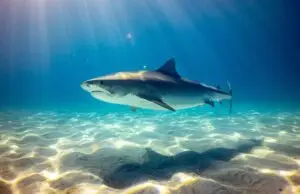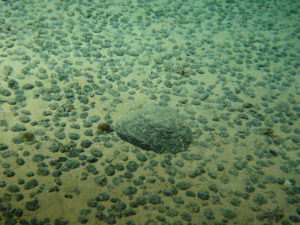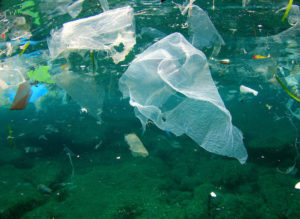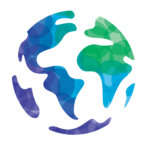Harnessing the power of the many
At the front line of climate change, the ocean plays a central role in regulating the Earth’s climate.

Over 270,000 sharks are killed every day for their fins, squalene and meat.
Read our latest report on shark meat toxicity. Learn more here
 There are sources of minerals in the deep sea but we must first understand how to manage and mitigate the risks that come with extracting them.
There are sources of minerals in the deep sea but we must first understand how to manage and mitigate the risks that come with extracting them.
 Our demand for plastic creates an environmental and public health nightmare. The impact affects the creatures of the sea and humans.
Our demand for plastic creates an environmental and public health nightmare. The impact affects the creatures of the sea and humans.
Gallifrey identifies collaborative opportunities to tackle ocean conservation issues by identifying synergies that could be exploited and roadblocks that could be overcome by working together. Our model of engagement is to partner with other organisations.
Like Venture Capital we:
Contribute financial, intellectual, and high personal involvement
Back smart people and teams
Are willing to experiment and take risks
Unlike Venture Capital we:
Work for SROI – Social Return on Investment – IMPACT
Not Financial ROI
Mission: Working collaboratively to advance marine protection and social enterprise

Gallifrey supports social enterprise, applying commercial strategies to solve human and environmental problems, rather than simply maximising profits for external shareholders. Gallifrey supports several scholarships for a variety of students from primary, university and post-graduate education. In addition, Gallifrey supports selected research in social enterprise.
• Not “reinvent the wheel”
• Identify and fill the gaps
• Achieve our mutual objectives through collaboration
Gallifrey does not solicit funds or grant proposals.
The Gallifrey Foundation provides scholarships to students at the following institutions